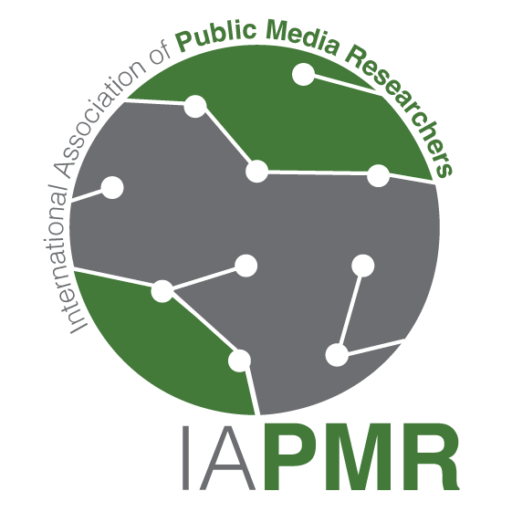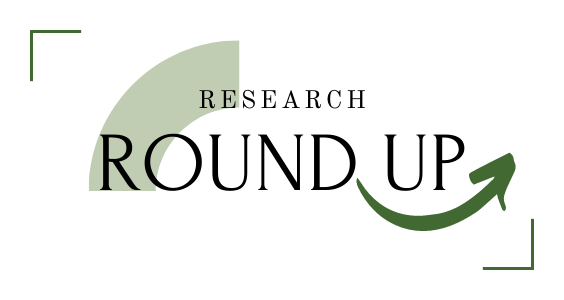In each issue of this newsletter, the research round up draws the focus to a specific topic that can resonate among PSM scholars and practitioners. In this issue, we selected four recent contributions that shed light on the relationship between populism and the media.
Marcus Maurer, Pablo Jost, Marlene Schaaf, Michael Sülfow and Simon Krunschinski | International Journal of Press/Politics, 2022
How right-wing populists instrumentalize news media: Deliberate provocations, scandalizing media coverage, and public awareness for the Alternative for Germany (AfG)
The use that right-wing populist parties make of the media has been pointed as one of the factors leading to their growth in Western democracies. In this paper, the authors have applied populism and scandal theory to study the rise of the far-right German party Alternative für Deutschland. Their research proves that AfD’s provocations permeated to the media agenda and granted this far-right party greater media visibility and public awareness. A piece of advice for journalists and other media professionals is derived from this: to curb the impulse to contradict populist provocations, as these are amplified through the media. If the coverage is stopped, their message would reach a much more reduced audience.
Read the full paper here.
Niels G. Mede | Human & Social Sciences Communications, 2022
Legacy media as inhibitors and drivers of public reservations against science: global survey evidence on the link between media use and anti-science attitudes
While the relationship between populism and the media is usually approached from a political point of view, there are other areas where their impact is also remarkable. One of them is the challenge against sciences, a topic that became particularly important during the Covid-19 pandemic. In this research, Niels G. Mede uses data from the World of Values Survey (2017-2020) to map the current situation of anti-science attitudes and how they connect to legacy media use and populism. The analysis shows that anti-science attitudes are reinforced by legacy media in some countries (such as Turkey or Bolivia) while in others the use of legacy media relates to positive views on the scientific discourse. Mede’s work also points to how anti-science attitudes are more common in countries with populist governments.
Read the full paper here.
Ayala Panievsky | The International Journal of Press/Politics, 2022
The Strategic Bias: How Journalists Respond to Antimedia Populism
Against this backdrop of populist attacks against the media, what strategies are journalists following in order to maintain public trust? Ayala Panievsky interviewed 45 Israeli journalists that had been under publicly condemned by the Prime Minister Netanyahu and asked them about how they were coping with this public exposure. Panievsky’s research shows that while most of the interviewees state that they adhere to the journalistic rules of balance, neutrality and objectivity, they also acknowledge some kind of strategic balance, that is, they consciously lean to the right so that they can prevent further media bashing and maintain public trust. As the author concludes, this strategic bias represents a significant challenge for professional journalism.
Read the full paper here.
Annika Sehl, Felix M. Simon and Ralph Schroeder | The International Communication Gazette, 2022
The populist campaigns against European public service media: Hot air or existential threat?
Public service media organizations have been the main target of many of the attacks to the media from right-wing populists. In this paper, the authors delve into such attacks in three countries: Germany, Austria and Sweden. The results evidence that objectivity and impartiality (core PSM values) are now less taken-for-granted due to the wider offer of the digital ecosystem, and the emergence of new political cleavages represent a threat to social cohesion. Sehl, Simon and Schroeder conclude that it is urgent to have a debate on the role of PSM and avise that the perspective of right-wing populist should be integrated as far as they do not attack democracy and human rights.
Read the full paper here.

